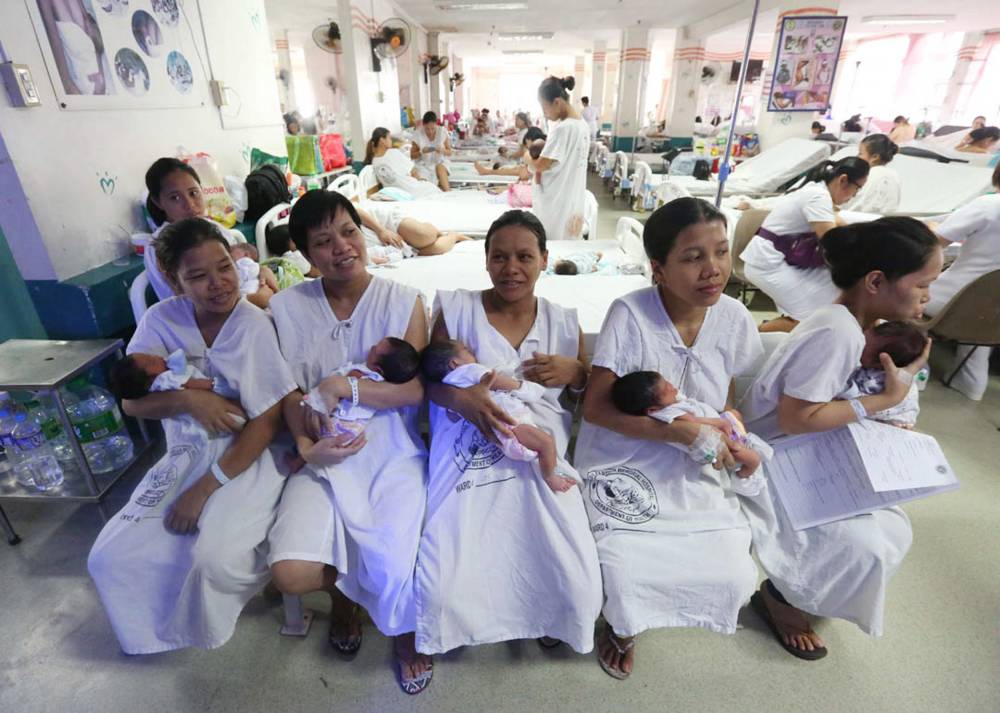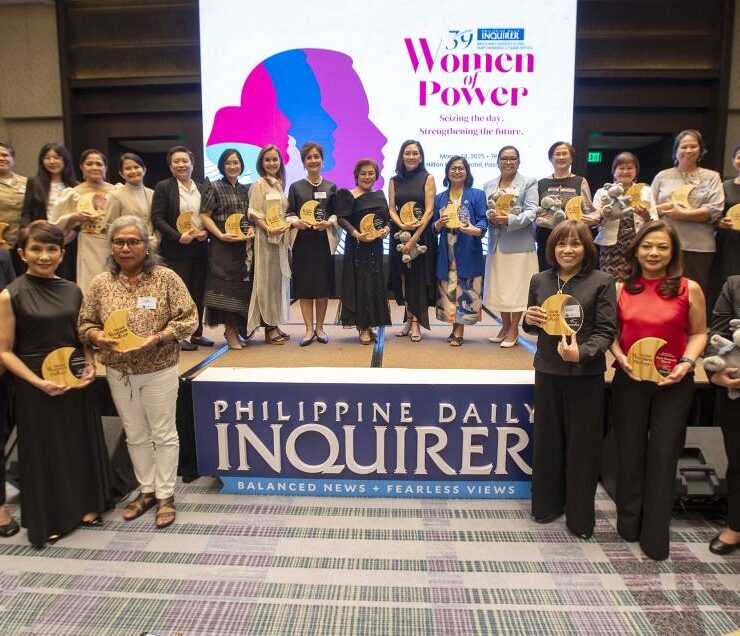PH urged to fix legal ‘loopholes’ that weaken women’s rights

There are still some “loopholes” in the Philippines’ legal framework that allow discrimination against women to happen especially within the family, the Organization for Economic Cooperation and Development (OECD) said, with a call on policymakers to design interventions to “transform” discriminatory social norms.
In its 2024 Social Institution and Gender Index (SIGI) report for Southeast Asia released on Tuesday, the OECD flagged “distinct legislations” that “weaken” Filipino women’s rights when it comes to family and marriage matters.
The 2024 SIGI provided fresh analysis of the setbacks and progress toward gender equality in Southeast Asia since the OECD released the fourth edition of the report back in 2021. To do that, the OECD picked up on the gender equality scores it had given to 140 countries all over the world in the fifth edition of the report released in 2023.
Last year, the Philippines obtained an overall SIGI score of 50 which, the OECD said, denotes “high levels of discrimination” compared to the regional and global average scores of 39 and 29, respectively. A score of zero indicates no discrimination.
The country scored 57 in the “discrimination in the family” dimension. At the same time, the Philippines obtained a SIGI score of 50 in terms of “restricted access to productive and financial resources;” 49 in “restricted physical integrity;” and 42 in “restricted civil liberties.”
Since 2021, the OECD said the Philippines has yet to plug loopholes in legislations that regulate affairs related to family and marriage for Muslim and non-Muslim individuals, noting that the current legal framework has provisions that “weaken women’s rights.”
”The Philippines has a strong legal framework that guarantees women and men equal rights in certain aspects of their lives, although the coexistence of specific legislations that apply to distinct groups of the population may weaken certain women’s rights,” the OECD said.
For instance, the OECD said the Family Code has discriminatory provisions that restrict a woman’s right to be the legal guardian of her child. The law also limits a married woman’s right to equally administer land assets and properties of the household.
The Code of Muslim Personal Laws, meanwhile, limits a woman’s guardianship over her child and grants men more rights to divorce, the OECD noted.
The report likewise flagged the current system that “fails to fully protect women’s physical integrity and guarantee them control and autonomy over their body.” The OECD cited criminalization of abortion, reduced penalties in cases of “honor crimes,” as well as allowing rapists to avoid prosecution if they marry the victim.
But OECD also commended “positive highlights” in the Philippines’ progress toward gender equality, particularly the existence of laws that guarantee women and men equal rights in terms of freedom of movement, access to justice and political voice.
The Philippines has “taken steps to address the potential legal loopholes and to eliminate discriminatory provisions,” the OECD said.




















